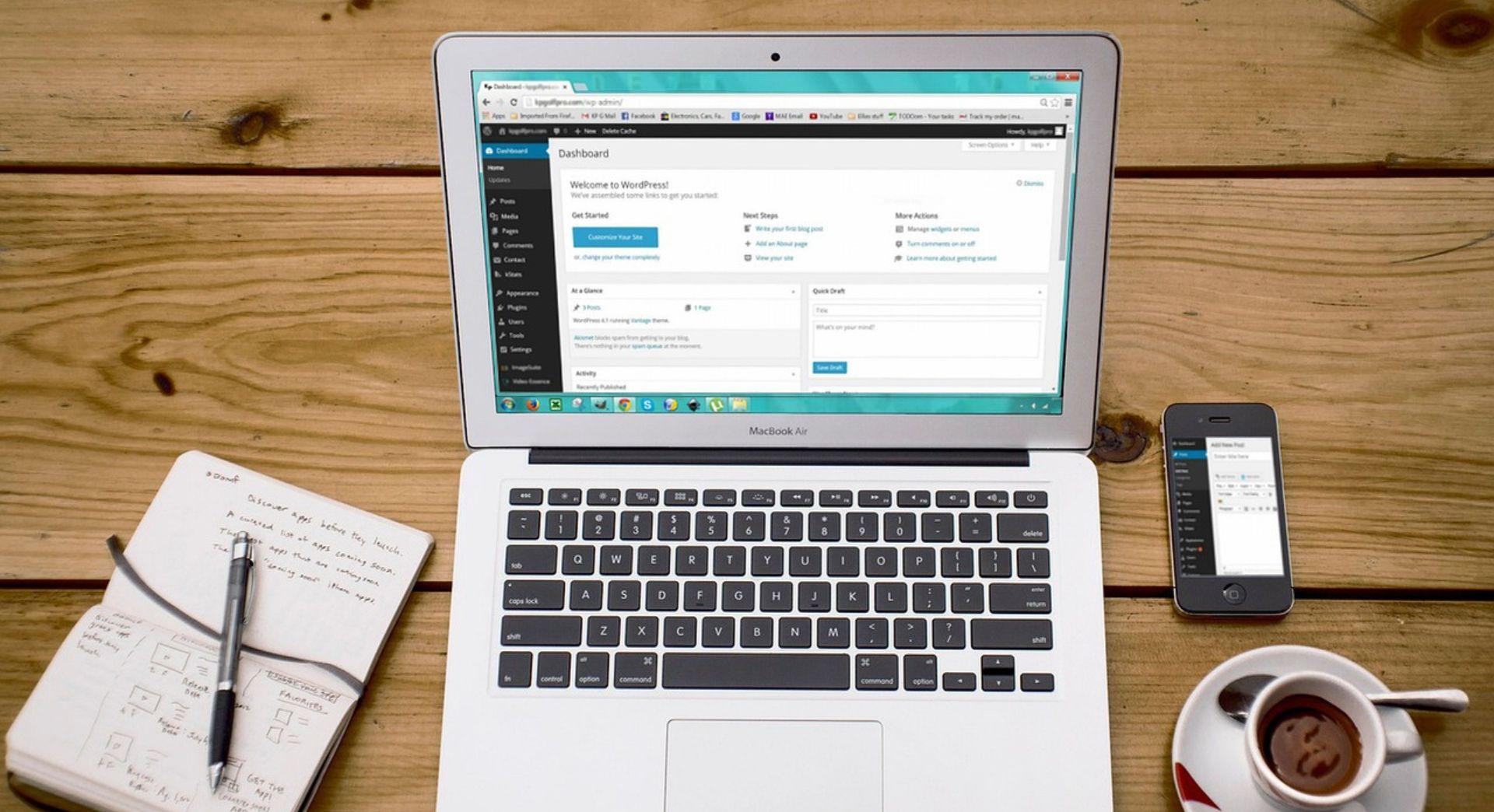Maybe you have a job but would like to make a few extra dollars to pay for that dream vacation or perhaps a second car. Whatever your motivation, you’ll want to choose something that doesn’t require a lot of time or money to start. In this post, I’ll describe four ways to make money from home.
The only question is, what service or product will you provide?
Based on firsthand, personal experience, I will share with you some of my best ideas for earning money from the comfort of your home.
Want extra cash? Try one of these WFH options
Thanks to the rise of services like Uber, Airbnb and WeGoLook, the gig is where it’s at. Here are four ways to make money from home.
- Freelancing.
- Wedding planning.
- Blogging.
- Ghostwriting.
Now let’s look at each of these in depth.
Moonlighting is back in vogue

There is no shortage of articles on earning money from home. Both Canada Startups and Gig Hustlers are good resources, with the latter providing an extensive list of 61 work-at-home jobs.
Like standing before a veritable buffet of unlimited choices, picking the right business is your first decision. Here are just four.
1. Freelancing
If you’ve been working for a few years, you very likely have learned a few things. So top on any list of ways to make money from home is by selling your professional skills.
Maybe you have mad PhotoShop skills or can balance books, do social media marketing or input data like no other. Offering these skills to friends, family and others outside of work hours is a good way to make money from home.
If you have a skill, chances are good someone will pay you for it.
The advantages of freelancing within your current field of expertise are as follows:
- There’s no learning curve. You are ready to deliver your expertise immediately and with confidence.
- You have existing relationships and industry contacts who might be interested in hiring you on a contract basis.
- It is a relatively low-cost, quick-start proposition.
Unless you are ready to move on, you’ll want to avoid any potential conflicts with your present full-time employer. For example, you don’t want to approach customers who would otherwise hire you through the company that pays your salary. Most businesses frown on this.
Check out this great post from Lifehack for some solid tips on becoming a successful freelancer.
2. Wedding planning
A few years ago, before returning to school to get her forensic psychology degree, my wife Jennifer was a wedding planner for a time.
This involves simultaneously juggling multiple timelines while serving as a friend and confidante to the couple.
For those with excellent organizational skills, patience and style, this can be easily done from home. A few tips:
- Get a retainer upfront, with the balance payable on the day of the wedding.
- Jennifer used PayPal for invoicing and payment processing, but there are a growing number of equally good services that make the process easy for all parties.
Wedding planning is a word-of-mouth business, so get referrals and a testimonial as soon as the couple returns from their honeymoon. Share the testimonial, along with photos of the event, on your website (ask for the couple’s permission to use their words and images online first).
Related: The 10 qualities of a great wedding organizer
3. Blogging

Wouldn’t it be great if you could earn some dough sharing your opinions? As it turns out, you can.
Maybe you want to test and review beauty products or offer expert insight on how to train dogs. Perhaps you’d like to share your favorite recipes, including short videos showing how to make the perfect dish.
The beauty of a blog is that it can be set up in virtually no time.
Here is how I made money from my first blog (which now has more than 25,000 followers):
I found blog sponsors
Set up a sponsor section on your blog where each sponsor has a dedicated page. You can charge extra for any additional services you offer the sponsor (in my case it was design and writing).
I started speaking/consulting
Use your blog as a springboard to ancillary income such as paid speaking and consulting. My extra income eventually grew to the point that it far surpassed the money I had earned from sponsorships.
4. Ghostwriting
Ghostwriting is the practice of writing articles, blog posts and books for others to publish as their own.
What is great about ghosting is that there is a big market for this service. Countless businesses are eager to create quality content, but either lack the time or writing talent (or both) to get the job done themselves.
Start with the Professional Writers Association Of Canada.
This site not only provides useful information like suggested rates, but also offers a support network of both experienced and novice writers who can help you get started. PWAC even posts paid writing opportunities.
Other tips:
- Decide what type of writing you’re willing to do (i.e. blog posts, magazine articles, speeches, technical specifications).
- Set your rates based on your income objectives and experience. I receive a flat fee of between $15,000 and $25,000 for “ghosting” a book, $900 for an article or blog post (maximum 750 words). You can also charge on a per-word or by-page basis.
- Manage your projects. For example, establish a set number of edits you're willing to make from the get-go and stick to it.
- Build a good reputation by delivering quality work on time and the referrals will roll in.
Many ways to make money from home

Once again, we live in a gig economy where technology and changing attitudes about work make it easy for anyone to hang their shingle and tell the world they are open for business.
While the above examples might not be in your wheelhouse, they demonstrate that you can make money from home as long as you do the following:
- Determine what you like doing and are good at doing — and yes, you need both.
- Start small and focus on low-hanging fruit (i.e. tap into existing relationships and contacts for work and referrals).
- If you have a day job, work at a pace that is in line with your current schedule and time demands. You want to under-promise and over-deliver on your sideline gig.
Wearing pants is optional.






